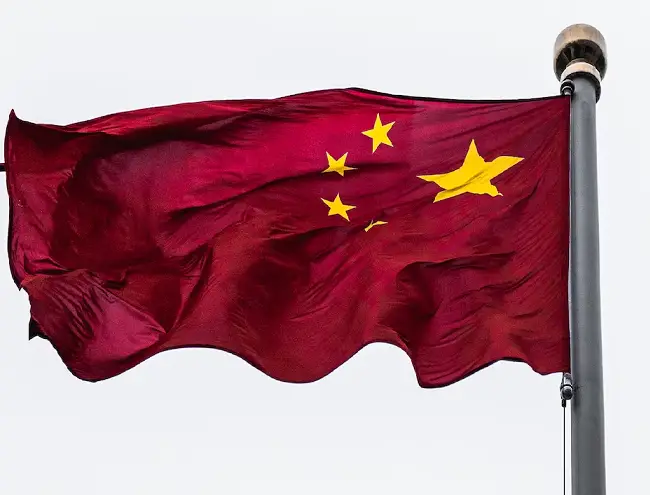During her visit to Beijing on Friday, US Treasury Secretary Janet Yellen said the US does not want to “decouple” its economy from China because of the instability such a move would produce in the global market. She added that healthy competition would be beneficial to both nations.
While on a four day trip to China aimed at producing a “stable and constructive relationship” between the two nations, Yellen explained, “We seek to diversify, not to decouple. A decoupling of the world’s two largest economies would be destabilizing for the global economy, and it would be virtually impossible to undertake.”
Yellen’s visit comes on the heels of a visit by US Secretary of State Anthony Blinken, who visited Beijing last month in a bid to ease tensions between Washington and Beijing.
Yellen noted she was “concerned” about export controls following an announcement by Beijing that from next month going forward special licenses would be required to export gallium and germanium, two critical metals required to produce computer chips.
Meeting with US businesses in Beijing, Yellen said, “We are still evaluating the impact of these actions, but they remind us of the importance of building resilient and diversified supply chains.”
On Friday, the Finance Ministry of China issued a statement expressing its hopes the US would initiate “concrete actions” to facilitate better bilateral economic and trade ties between the nations. The statement said, “No winners emerge from a trade war or from decoupling and ‘breaking chains’.”
For several months now China and the US have been engaging in a dispute over Beijing’s access to semiconductor and other advanced technologies.
In October of 2022, the Biden administration announced it would be imposing measures designed to enhance US tech capabilities and limit China’s access to advanced technologies. In the process DC implemented sweeping export controls which effectively stopped China from acquiring specific semiconductor chips which were made on US equipment.
Yellen noted that she had, “made clear that actions we take to protect our national security are designed to be narrowly targeted,” in her meetings with Chinese government officials.
Beijing retaliated for the US export controls by banning the sale of memory chips manufactured by the largest US producer of memory chips, Micron. Beijing claimed the company was found to be a risk in a security review.

